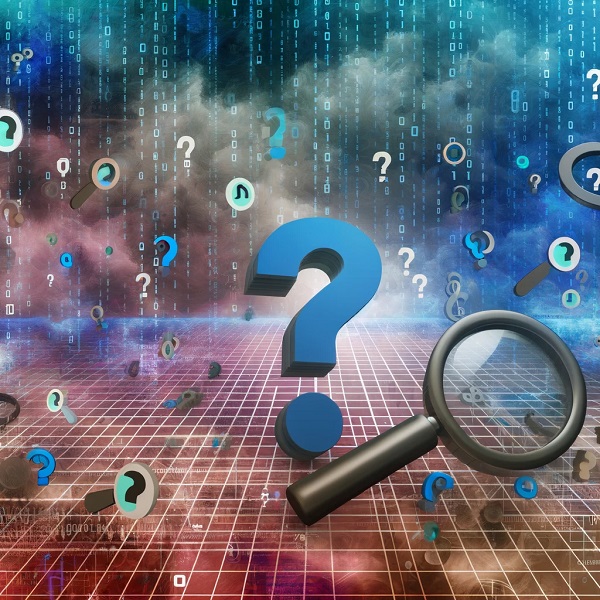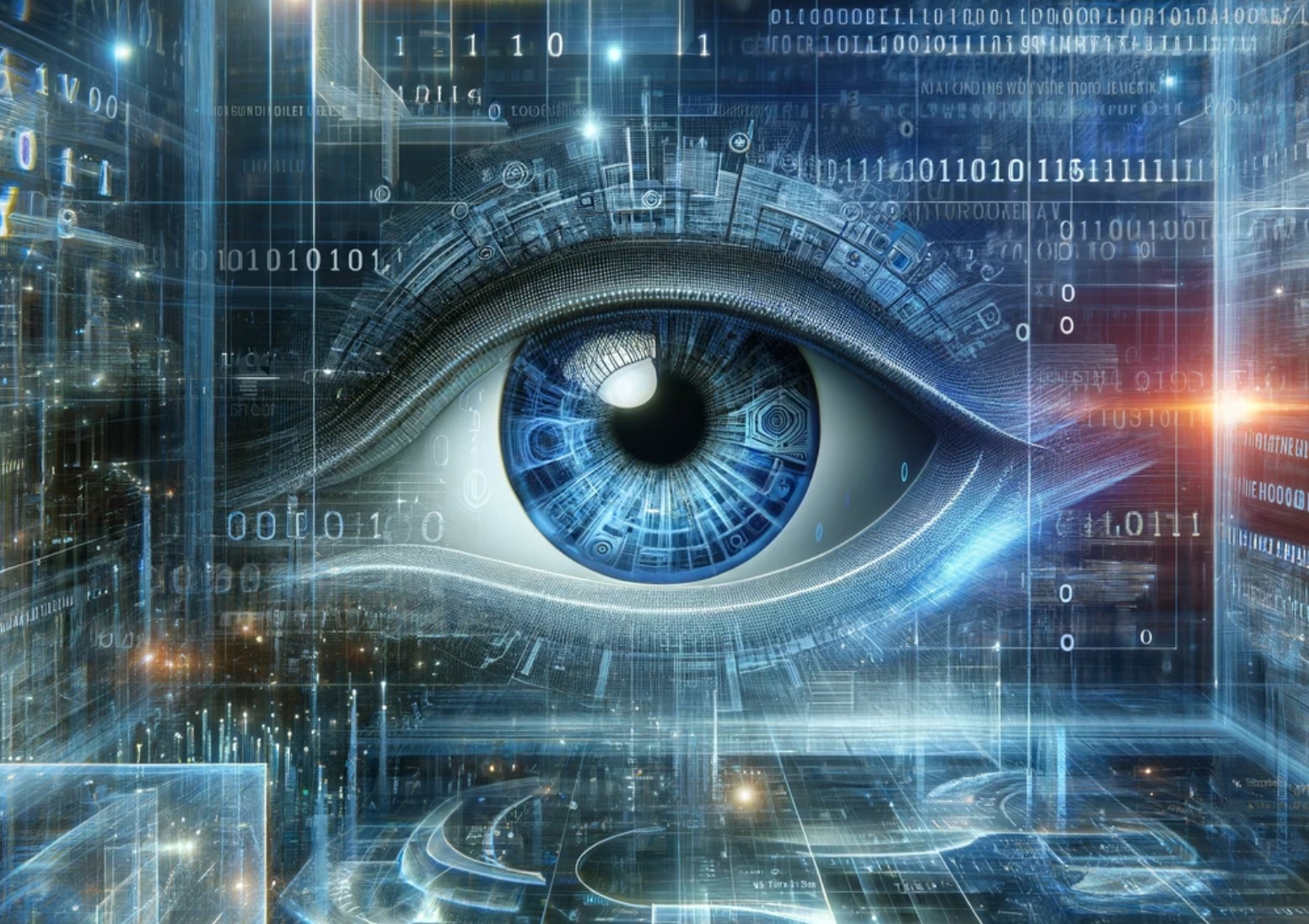In the rapidly evolving digital landscape, artificial intelligence (AI) has become a beacon of hope and a source of concern in equal measure. Among its myriad applications, AI detection programs stand out as a crucial line of defence against a spectrum of digital threats—from the insidious spread of deepfake videos to the silent but deadly advance of cyber fraud. But as these programs weave deeper into the fabric of our digital lives, a pressing question emerges: Do AI detection programs actually work?
With promises of unparalleled efficiency and accuracy, these AI sentinels are deployed across various fronts, aiming to safeguard our online interactions, protect financial transactions, and preserve the integrity of digital content. Yet, as the sophistication of malicious activities grows, the effectiveness of AI detection programs is rigorously tested, sparking debates among technologists, ethicists, and the general public alike.
This article delves into the heart of AI detection technology, exploring its successes, confronting its challenges, and peering into the future of digital security. Are these AI systems the guardians we need, or do their limitations expose us to more significant risks? Join us as we unravel the complex tapestry of AI detection programs, seeking answers to a question that resonates with every keystroke and click in our interconnected world.
Understanding AI Detection Programs
AI detection programs leverage machine learning and pattern recognition to analyse data and identify anomalies indicating fraudulent activity, copyright infringement, or other malicious endeavours. These systems range from cybersecurity defences to content moderation tools designed to tackle specific challenges.
Effectiveness of AI Detection Programs
There’s compelling evidence to suggest that AI detection programs are not just functional but indispensable. In sectors like finance, AI-driven systems have drastically reduced fraudulent transactions by identifying suspicious patterns in real-time. Similarly, in the realm of content moderation, these programs have managed to filter vast amounts of inappropriate content, making online spaces safer for users.
However, the effectiveness of these programs can vary significantly across different sectors. For instance, in healthcare, AI detection has been revolutionary in diagnosing diseases from medical imagery with precision that rivals, and sometimes surpasses, human experts.
Challenges and Limitations
Despite their successes, AI detection programs are not without flaws. False positives and negatives are a significant concern, leading to innocent entities being flagged or malicious ones slipping through the net. Moreover, as perpetrators evolve their tactics, some AI systems struggle to keep pace with the new methods of deception.
Privacy and ethical concerns also loom large. The intrusive nature of some AI detection systems raises questions about the balance between security and individual rights.

Improving AI Detection Programs
The path to more reliable and ethical AI detection systems involves continuous learning mechanisms that adapt to new threats, alongside collaborative efforts between tech companies and regulatory bodies to set standards and ensure accountability.
Case Studies
Several case studies highlight the dual nature of AI detection programs’ effectiveness. For instance, AI has successfully identified deepfake videos that could have caused significant social and political disruption. However, other cases have shown AI systems being outmanoeuvred by novel spam and phishing techniques, underscoring the need for ongoing improvement.
The Future of AI Detection Programs
Experts predict that the future of AI detection will be shaped by advances in technology, such as quantum computing and more sophisticated neural networks. These advancements could significantly enhance the ability of AI systems to detect and prevent threats with greater accuracy and speed.
AI detection programs have become an essential tool in the fight against digital threats. While they offer promising solutions, their effectiveness is tempered by challenges that require vigilant refinement and ethical consideration. The journey toward more sophisticated and ethical AI detection is ongoing, and its success will largely depend on the collective efforts of technologists, regulators, and the public.
As we navigate the complexities of AI detection, we must stay informed and engaged. Whether you’re a technology enthusiast, a policy maker, or a concerned citizen, your voice matters. Advocate for transparency, support ethical AI development, and contribute to the conversation on how we can harness the power of AI for the greater good. Together, we can ensure that AI detection programs work and do so in a way that aligns with our values and societal norms.
